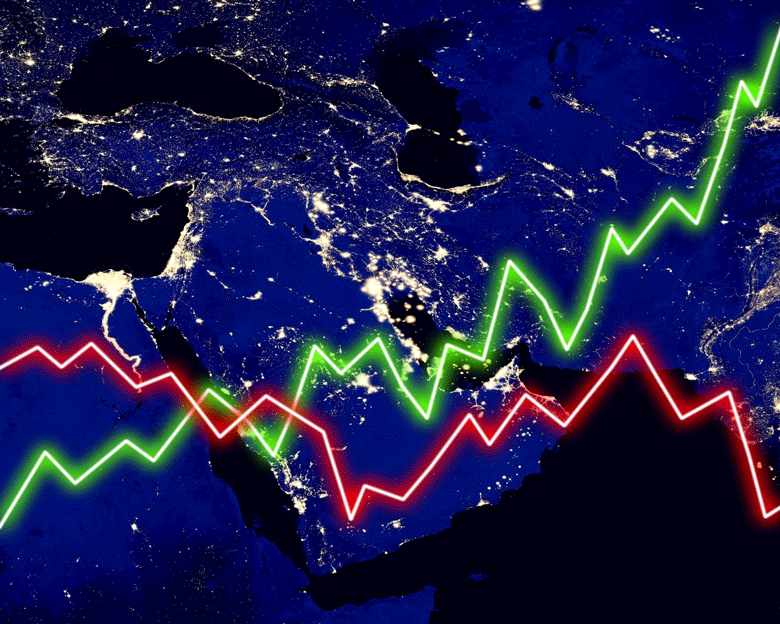Russia and Saudi’s Oil Partnership Shows Strain
- Date: 08-Jun-2023
- Source: Gulf Insider
- Sector:Oil & Gas
- Country:Saudi Arabia
Russia and Saudi’s Oil Partnership Shows Strain
For most of the last six years, the leaders of Russia and Saudi Arabia worked with one another to control the global oil market during times of war, pandemic and dizzying price gyrations.
But their alliance appears to be straining in ways that could help the Biden administration, which was eager to head off another significant jump in energy prices just before Secretary of State Antony Blinken visited Saudi Arabia this week.
At last weekend’s meeting of OPEC+, the oil cartel that the two countries lead, Saudi Arabia and Russia quietly parted ways. Saudi Arabia said it would reduce its exports by 1 million barrels of oil per day in an effort to prop up falling prices. But Russia made no new commitment to reduce its exports.
It was the second time the partners diverged recently on oil policy. Just two months earlier, Russia and Saudi Arabia, which together sell more than 20% of the oil used by the world, had agreed to cut production. But while Saudi Arabia followed through and sold less oil to other countries, Russia does not appear to have done so. Russia recently stopped disclosing information on its oil industry, but analysts estimate that Moscow has increased exports,





















